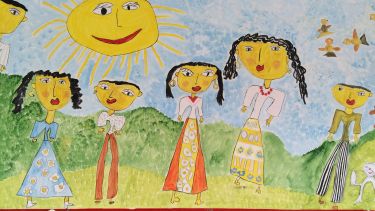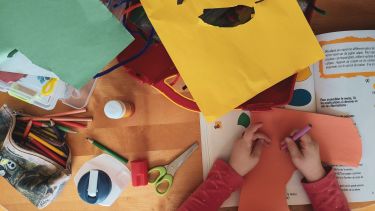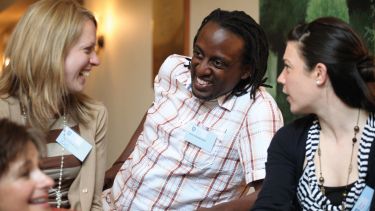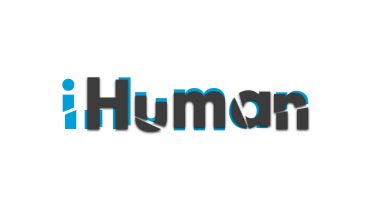Education research
As education researchers, we work in partnership with local, national and international communities.

Targeting our impact
Our research approaches are diverse, inclusive and critical; we value research that both challenges and empowers.

Blog: Education matters
News from our latest projects, presentations, writings, public engagement and research impact.
Education Matters



